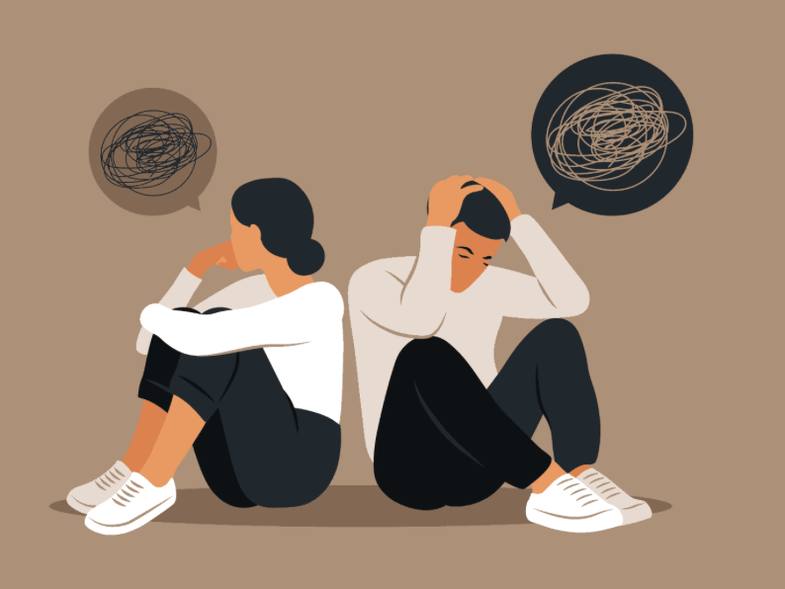
A situationship is a romantic or intimate relationship without a clear definition — somewhere between friendship and a serious relationship. Two people are emotionally or physically connected, but they don't have set rules or clear commitments, as is the case in a true relationship.
The main characteristics of a situationship include:
Lack of open communication about feelings and expectations.
Ambiguity: it is neither a relationship nor just a friendship.
The word “partner” or “boyfriend/girlfriend” is often avoided.
Plans for the future are also avoided.
It can be temporary or prolonged, but there is usually a lot of uncertainty.
How does a situationship arise?
It usually happens in these ways:
Starting out without clear expectations – You meet, you start seeing each other often, but no one asks “What are we?”
Fear of commitment – ??One or both of you don't want a serious relationship, but you also don't want to leave each other.
Emotional/Physical Comfort – You enjoy each other's company, but you don't see them as a "long-term partner."
Moving on from another relationship – One is still emotionally attached to an ex-partner and is not ready for a new relationship.
The dangers that come from a situationship?
Emotional hurt – One person may be more connected and expect more, while the other does not have the same sensitivity.
Waste of time – If you're looking for a real relationship, a situationship can delay you from having it.
Lack of personal clarity – It can affect your self-confidence.
Signs that you are in a situationship:
Lack of definition of connection – You've never clearly talked about what you are to each other. You don't know if you can call it a "connection."
Lack of long-term plans – You don't talk about the future together (e.g., vacations, family reunions, cohabitation, etc.).
Meet irregularly or spontaneously – Meetings are unexpected and unplanned. There is no consistency or steady rhythm.
Lack of emotional engagement – ??You can have a good time, but avoid deep discussions about feelings or personal life.
Physical intimacy is at the heart of the relationship – The connection has more of a physical basis than an emotional or social one.
Avoiding emotional responsibility – If one of you is upset or needs support, the other avoids it or does not respond as expected in a healthy relationship.
Space to meet others – There is no real commitment, or at least, one of the partners does not feel "connected" to the other person.
We explained it, now you know what to do. :)
Suggested articles:
- 6 habits that, according to therapists, help you not to get emotionally attached too quickly
- Questions you have about the signals your ex gives you after a breakup, answered (with honesty)
- This Generation Z trend is putting dating apps out of business
- Did you know that not finding love could mean you're "chronically single"?





